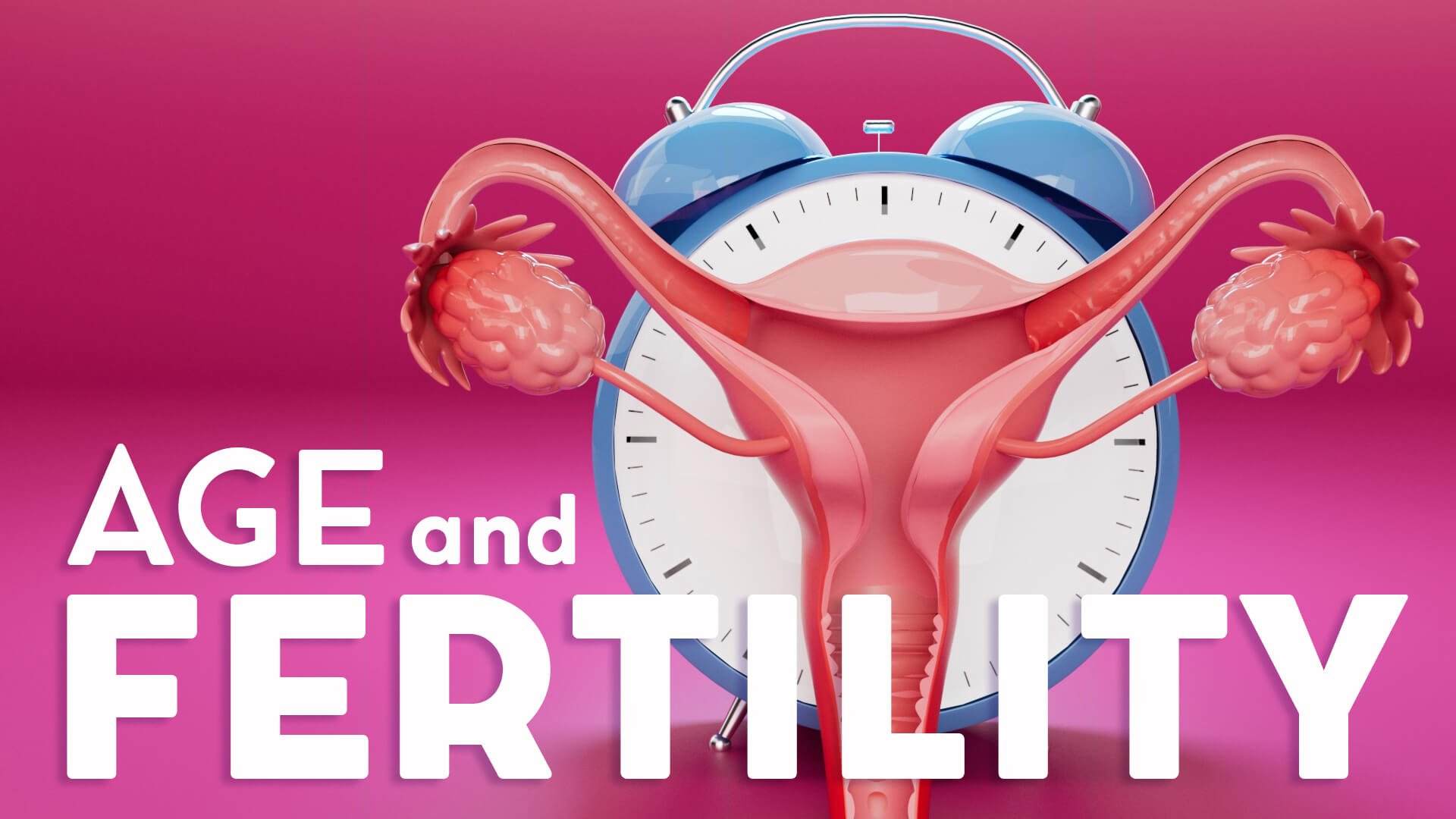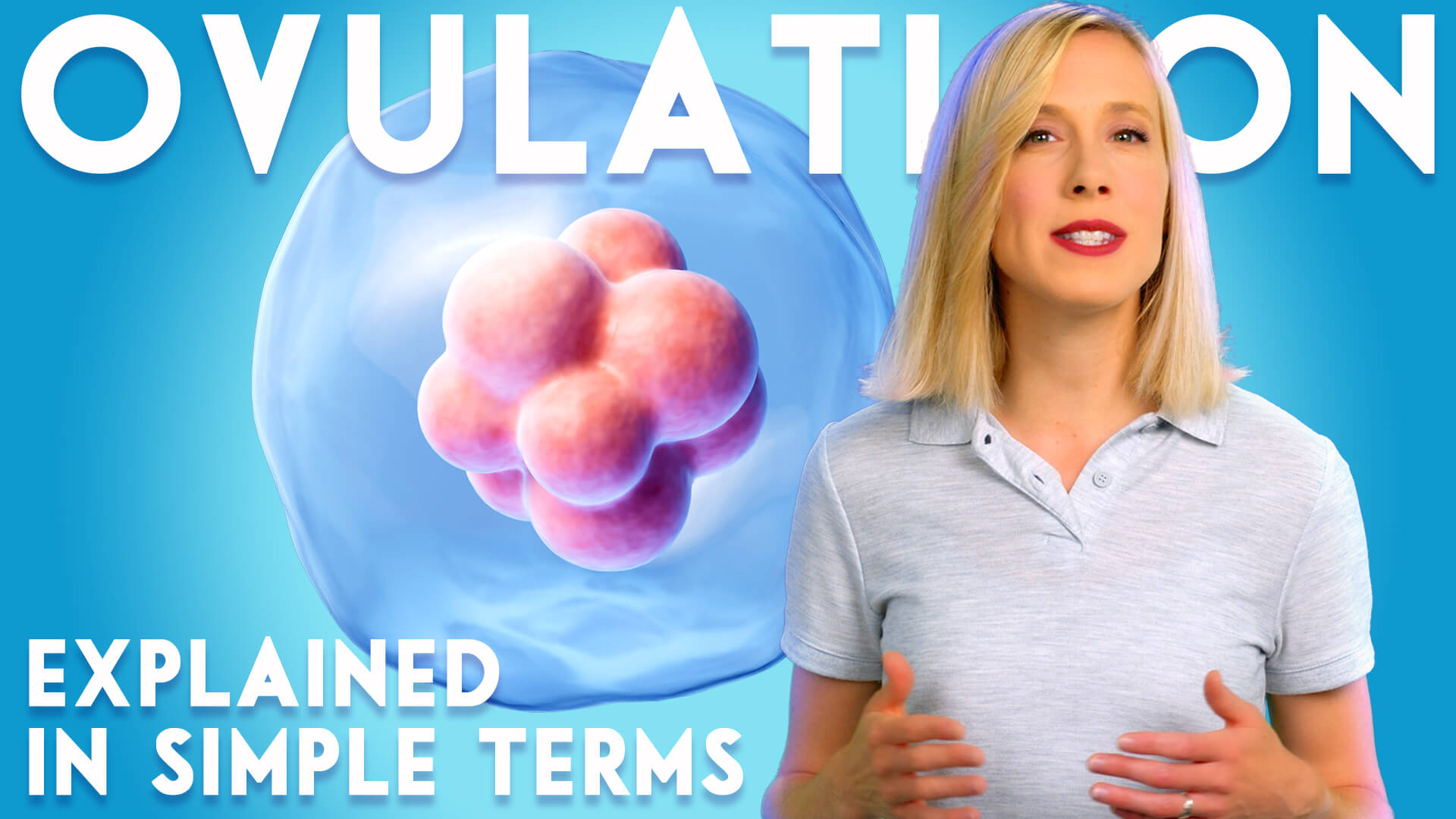Are you hoping to naturally boost your fertility without jumping straight into medical interventions? You're not alone. Many people want to increase their chances of conception in more organic ways, by making simple but powerful lifestyle changes. In this article, we’ll walk through some holistic approaches, including adjustments to your diet, exercise, stress management, and a few other tips that can significantly impact your fertility. Whether you’re actively trying to conceive or just wanting to improve your reproductive health, these strategies can be a game-changer.
The Impact of Nutrition on Fertility
Believe it or not, what you eat plays a big role in your reproductive health. The food you consume can either support or hinder your fertility, and making the right dietary choices can set the stage for conception. A diet rich in antioxidants, vitamins, and essential nutrients can protect your reproductive cells and promote hormonal balance.
So, what should you include in your fertility-friendly diet? Here are some key foods to focus on:
- Whole grains: These are packed with fiber and essential nutrients that help regulate blood sugar and support hormone health. Whole grains also offer slow-releasing energy, which is critical for balancing insulin levels, a factor linked to reproductive health.
- Nuts and seeds: Filled with healthy fats and proteins, nuts and seeds provide essential fatty acids like omega-3, which are vital for reducing inflammation and supporting egg and sperm health. Zinc, found in seeds like pumpkin seeds, plays a key role in hormone regulation for both men and women.
- Lean proteins: Eating lean meats like chicken, turkey, and plant-based proteins like beans and lentils provides the amino acids your body needs to build and repair cells, including those in the reproductive system.
- Colorful fruits and vegetables: By eating a variety of colorful produce, you’ll get a broad range of vitamins and antioxidants that benefit your reproductive system. The antioxidants in fruits like berries protect egg and sperm cells from oxidative damage, while the vitamins in leafy greens support overall reproductive health.
Making these food choices isn’t just about fueling your body—it's about laying the foundation to naturally boost your fertility through better nutrition.
Maintaining a Healthy Weight for Fertility
Weight is a major factor when it comes to fertility. Being either underweight or overweight can throw off your hormone levels, affecting your ability to ovulate or produce healthy sperm. For women, an ideal body mass index (BMI) falls between 18.5 and 24.9. Men also need to be mindful of their weight, as excess body fat can lead to lower sperm quality.
Why does weight matter so much? When your body is carrying too much or too little fat, it affects how it produces hormones like estrogen and progesterone, both of which are critical for ovulation and pregnancy. Likewise, excessive body fat in men can lead to lower testosterone levels and reduced sperm production. Getting to and maintaining a healthy weight through a balanced diet and regular exercise can go a long way in naturally boosting your fertility.
How Exercise Supports Fertility
Physical activity plays a critical role in fertility health. Regular exercise helps to maintain a healthy weight, improve blood circulation, and reduce inflammation, all of which are vital for supporting reproductive health. Exercise also helps regulate insulin levels, which can promote a healthier menstrual cycle.
However, the key is balance. While moderate exercise supports fertility, over-exercising can negatively affect ovulation in women and lower sperm quality in men. Women who exercise too intensely may experience irregular periods or stop ovulating altogether, as their bodies may perceive high physical stress as a signal to stop reproduction.
For the best results, aim for moderate exercises such as walking, swimming, or cycling for about 30 minutes most days of the week. These activities are gentle on the body but still effective for weight management, stress reduction, and improving overall health. Incorporating strength training, yoga, or Pilates can further support flexibility and muscle tone, which can benefit you during pregnancy as well.
Adding regular, moderate exercise into your routine can help you naturally boost your fertility without overworking your body.
Managing Stress: The Fertility Roadblock
Stress is a sneaky enemy when it comes to fertility. It can disrupt your hormonal balance and interfere with ovulation or sperm production. High levels of stress cause the body to release cortisol, a hormone that negatively affects the reproductive system. Chronic stress can delay ovulation in women and decrease sperm count in men.
Managing stress is a crucial part of naturally enhancing fertility. There are several stress-relief techniques you can incorporate into your daily life:
- Meditation: Mindfulness and meditation practices can calm your mind and help reduce stress levels, creating a more relaxed environment for conception.
- Yoga: Yoga combines physical movement with deep breathing, which helps reduce cortisol levels and balance the body’s nervous system. Some specific yoga poses can also stimulate blood flow to the reproductive organs, supporting their function.
- Breathing exercises: Deep, focused breathing can quickly calm the nervous system and promote relaxation. Try a simple breathing technique, like inhaling for a count of four, holding for four, and exhaling for four, for just a few minutes each day.
It’s also important to seek emotional support during your fertility journey. Whether it’s through therapy, fertility support groups, or even talking to friends or family, having someone to share your concerns with can make the process much less overwhelming.
By incorporating stress management into your routine, you’re taking another step to naturally boost your fertility.
Ditching Unhealthy Habits: Alcohol and Tobacco
If you’re trying to conceive, it’s time to reevaluate some lifestyle habits, like alcohol and tobacco use. Both can have a detrimental effect on fertility.
- Alcohol: Excessive alcohol consumption can disrupt estrogen levels in women and negatively affect sperm quality in men. Studies show that even moderate drinking can lower fertility rates, so cutting back or eliminating alcohol altogether can improve your chances of conception.
- Tobacco: Smoking is one of the worst habits for fertility. The chemicals in cigarettes can damage eggs and sperm, decrease fertility in both men and women, and increase the risk of miscarriage. Quitting smoking can have immediate benefits for reproductive health, so both partners should aim to eliminate tobacco use.
Reducing or eliminating these substances is a simple yet effective way to naturally boost your fertility.
Tracking Your Menstrual Cycle and Ovulation
One of the best ways to increase your chances of conception is to understand your menstrual cycle and ovulation patterns. Ovulation is the process where an egg is released from the ovaries, and it’s the most fertile time in your cycle.
There are many tools and apps available, such as the Pregmate Fertility Tracker, that can help you predict your most fertile days. Tracking ovulation helps you time intercourse for the highest chance of success, giving you more control over your fertility journey.
By gaining a deeper understanding of your cycle, you can further naturally boost your fertility.
Key Nutrients for Fertility
In addition to eating a balanced diet, certain nutrients play a critical role in fertility. Some essential nutrients to focus on include:
- Folic acid: This B vitamin is crucial for preventing birth defects and supporting a healthy pregnancy.
- Zinc: Zinc helps regulate hormones, making it important for both male and female fertility. It also plays a key role in sperm production.
- Omega-3 fatty acids: These healthy fats are essential for reducing inflammation and improving blood flow to the reproductive organs.
By ensuring that your body is receiving enough of these nutrients, you can provide the support it needs to naturally boost your fertility.
Hydration: The Unsung Hero of Fertility
Don’t forget about hydration! Staying hydrated is crucial for reproductive health, as dehydration can impact cervical mucus production in women and sperm motility in men. Proper hydration ensures that everything is functioning smoothly.
Aim for at least 8-10 glasses of water per day to support both overall and reproductive health.
Personalized Fertility Guidance
While these tips provide a strong foundation, it’s important to remember that every fertility journey is different. Consulting with a healthcare provider can help identify any underlying issues and provide personalized recommendations. They can guide you on what lifestyle changes will work best for your individual situation.
Final Thoughts: Taking Charge of Your Fertility
Enhancing your fertility naturally is all about making small, manageable lifestyle changes that can add up to a big impact. By focusing on your diet, maintaining a healthy weight, exercising regularly, managing stress, and staying hydrated, you can significantly naturally boost your fertility and improve your reproductive health.
Remember, the fertility journey is different for everyone, but with the right knowledge and tools, you can increase your chances of conception and overall reproductive well-being.
If you found these tips helpful, don’t forget to like, share, and subscribe. Let’s support each other in this journey toward natural fertility and health. Together, we can make it happen!
Related blog articles:
When is your fertile window?▶️
Fertility and age: The truth about getting pregnant after 35▶️
Ovulation Symptoms: Key Signs & Tracking Tips▶️
How long does it actually take to get pregnant?▶️
Understanding Your Menstrual Cycle: A Comprehensive Guide▶️
The Future of Pregnancy: What to Expect in 2050▶️
Pregmate App - Ovulation Tracker, Fertility and Period Calculator▶️
Pregmate App - ultimate companion for women's cycle tracking and conception planning▶️
Conception explained. Fertilization and Implantation.▶️
Using ovulation tests to identify the most fertile days of the month▶️
Pregmate pregnancy test strips. How and when to do the test?▶️
Tracking LH surge using ovulation tests▶️
What causes PCOS? Symptoms and signs.▶️
Using ovulation tests with PCOS▶️
5 Menopause Myths BUSTED By A Medical Expert! ▶️
Your Complete Guide to Egg and Sperm Freezing Made Simple! ▶️
The Hidden Truth About Endometriosis Every Woman NEEDS to Know!▶️





